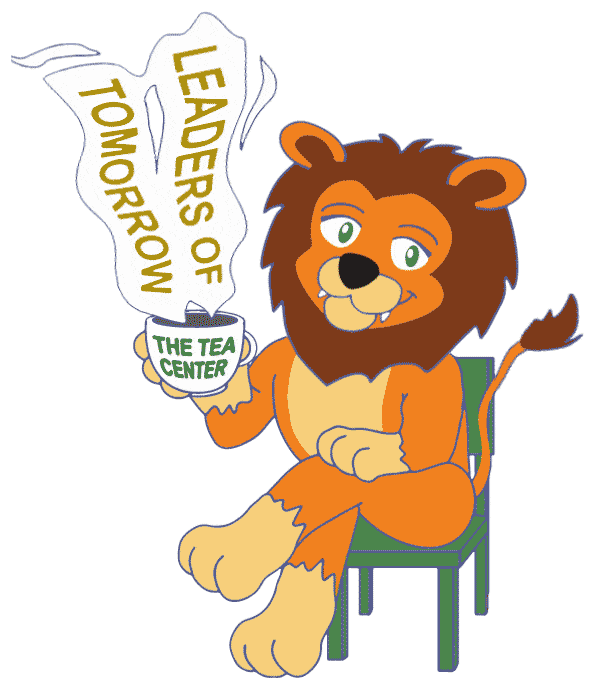At The T.E.A. Center, we believe that every child deserves a language-rich start to life. Language is more than words; it’s how children connect, express, and make sense of their world. Parents play a special role in nurturing this skill—not just through ABCs and 123s, but in cozy storytimes, shared laughter, and adventures of make-believe. These moments plant seeds for a lifelong love of learning and meaningful communication.
In this blog, we’ll explore how storytelling and imaginative play lay the foundation for language development and show how parents can incorporate these powerful tools into everyday routines.
The Magic of Storytelling
Storytelling isn’t just for entertainment; it’s essential for language growth. From infancy, children benefit from listening to stories, even before they fully understand words. Hearing a parent’s voice helps infants absorb language’s rhythms and sounds, building a natural foundation. Toddlers and preschoolers, meanwhile, thrive on stories about friendship, bravery, and kindness, which help expand their vocabularies and understanding of grammar.
By sharing stories that involve emotions, challenges, and resolutions, you also help your child develop empathy and learn how to articulate their own feelings. It’s not just a story but a lesson in communication and connection.
Creating a Language-Rich Atmosphere
Fostering a language-rich environment doesn’t require extra effort—just a little intentionality. Chat about your day, narrate what you’re doing, or share a quick story during breakfast. These moments can make language feel exciting and accessible. Bedtime stories, in particular, create a ritual that helps children associate books and storytelling with warmth and bonding.
Incorporating storytelling into playtime makes it even more impactful. Dress-up games, puppet shows, and building imaginary worlds encourage children to use new words and phrases. These small acts of creativity stimulate language skills in fun, relaxed ways that make speaking and listening feel natural.
Imaginative Play: A World of Words
Imaginative play—whether your child is a superhero, chef, or doctor—allows kids to practice language skills as they invent stories, act out roles, and engage in dialogue. Make-believe worlds provide an endless playground for language, where children experiment with vocabulary, express themselves, and learn to take turns in conversation. It’s in these playful exchanges that children learn essential social communication skills, all while having a blast.
Encourage imaginative play by setting up spaces that invite creativity. With just a few props, a cardboard box can become a spaceship or a castle. By joining in on their games, you can guide their play and model language, enhancing their skills as they navigate these new worlds.
Language Milestones in Early Childhood
As children grow, they hit key language milestones that build their communication skills:
Infancy (0-12 months): Babies start by babbling and using gestures like pointing or waving. Around 9-12 months, they may say first words like “mama” or “dada.”
Toddlerhood (1-3 years): Toddlers expand their vocabulary rapidly and start combining words into simple phrases, like “more juice.” They also enjoy imitating sounds and words around them.
Preschool Years (3-5 years): Preschoolers start using more complex sentences and even telling simple stories, showing off the grammar and vocabulary they’ve learned.
Bringing Stories to Life with Interactive Activities
Interactive storytelling activities can spark children’s imagination and deepen their language skills. Try retelling familiar stories with them or encourage them to invent their own endings. Acting out characters together, whether as knights, pirates, or animals, lets kids practice language in a dynamic, engaging way. These activities boost not only language but also critical thinking, as kids explore different perspectives and ideas.
Balancing Technology in Language Learning
While traditional storytelling and play are core to language growth, technology offers new tools to support this journey. Age-appropriate story apps, digital books, and audiobooks can complement your storytelling routine. Just keep a balanced approach—screen time should supplement, not replace, real-world interactions and hands-on play.
At The T.E.A. Center, we’re all about sparking a love for language in every child. By celebrating storytelling and encouraging imaginative play, we help children not only grow in language but also in creativity and confidence. Ready to embark on a journey of words and wonder with us? Schedule a visit to see how we create spaces where kids learn, laugh, and explore.


